SYVADE (the Guadeloupe waste recovery union) wants to mark its strong commitment to an approach to energy and ecological transitions.
By organizing round tables on the issues of waste treatment and recovery in Guadeloupe on Thursday December 22 from 6 p.m. at MACTe, explaining how household waste can be sorted by the inhabitants of the archipelago.
This structure, which succeeded SICTOM, is a tool for processing and recycling household waste from the Guadeloupean archipelago, created in 1973, SYVADE is located on the Grand-Camp site and manages waste from urban communities of Cap Excellence, the communes of Petit-Bourg, Goyave and the community of communes of Marie-Galante, i.e. a population of approximately 150,000 inhabitants.
The preservation of our environment and the recovery of waste as a priority
The president, Dominique Biras, explains: « After having experienced a reduction in its scope, Syvade is today undergoing a profound change. Its ambition is to offer communities, and therefore the population, a more adapted service, more efficient and respectful of the rules in terms of preserving our environment.
An emergency today is the recovery and treatment of waste to turn it into a resource. From 2025, work on a new household waste processing and recovery platform will be launched on the Grand-Camp site, making it possible to ultimately process up to 120.000 tonnes of waste each year compared to 70.000 tonnes today. »
The story of half a century
At the start there was Daniel Génies, he was then president of SICTOM: it was the time of burial. Today, we must make a qualitative leap, come out of the landfill…
Daniel Geniès (president of the intercommunal union for the treatment of household waste in the Pointoise agglomeration from 1973 to 2008) made waste treatment the political fight of his life, in the four municipalities at the start, Abymes, Baie-Mahault, Gosier and Pointe-à-Pitre. At the time, it was a question of eliminating, by any means, including export, the waste stored in the open air, which particularly on the Gabarre site, posed serious problems of public health and aeronautical safety. and tourist attractiveness. His traveling companion, the ecological researcher, Édouard Benito Espinal, added the environmental dimension to this fight, by popularizing the threats to the mangrove, biodiversity, birds, etc.
SICTOM expanded its household waste collection area in 2008, 35 years later, 17 other communities have expanded its scope of action: all of the communes of Grande-Terre except Petit-Canal and two Basse communes. Earthlings: Petit-Bourg and Guava.
From 2013, SICTOM transformed into an open joint union and the two large communities, the Region and the Department, joined in to guarantee the loans granted by SYVADE for its environmental platform project for the treatment of household waste.
Sictom was born from their fight, to which public policies have certainly remained deaf for too long, confesses Dominique Biras, president of Syvade.
After the acceptance of 17 other municipalities, new competitors appear, who ask to take certain municipalities under their control.
A battle that began in 2014, when the union was at its peak of activity processing the waste of 275,000 residents. But this year also marks the start of its descent.
From 2015, its area of intervention began to erode with the Notré law which gave the automatic acquisition of waste competence for EPCIs.
First of all, Terre-de-Haut and Terre-de-Bas join the Grand Sud Caraïbe. Then it was the turn of the municipalities of the Levantine Riviera to jump ship before in 2020, CANGT also threw in the towel.
Waste costs two to eight times more than in mainland France
The CRC recalls that the quantities of household waste produced per inhabitant, 330 kg, are not decreasing and the cost of processing household waste is equivalent to “twice the national average cost” and up to “8 times for other flows” , according to a report from the Regional Chamber of Accounts (CRC).
The chamber is also surprised by the treatment costs because the “norm” is the burial of “84% of waste”. “Only 3.3% of them are subject to material recovery through recycling in particular,” write the CRC magistrates. This rate reaches 15.6% with organic recovery (methanization in particular), very far from the objective of 65% set for 2025 at the national and regional level.
However, the volumes of waste processed by the union « represent (in 2020, Editor’s note) a determining part of achieving the objectives of the regional waste prevention and management plan », which aims to become a « zero waste territory » here in 2035.”
The report recommends that Syvade managers better control “the execution of its contracts, in order to control their costs”. Taking for example the cost of processing a ton for Marie-Galante, which reaches 500 euros, particularly due to transport costs from one island to another, “the chamber considers that Syvade must imperatively reduce it, especially since “it is essentially based on the contribution of other intermunicipalities”.
The report points to the “too strong centralization” of the management of the organization in the hands of its president, in office since August 2020.
In Guadeloupe, where many illegal dumps exist, waste management remains a real challenge for local authorities. The latter are placing their hope in recovered solid fuel plants which must burn the most calorific waste in order to produce electricity and enrich the local energy mix.
Dominique Biras, president of Syvade, Guadeloupe has resources thanks to waste which can help to be transformed into fuel. « As we know well in Asia and even in France, waste can be transformed into hydrogen, electricity or gas, from a resource to an energy and ecological transition, … we do not have waste, we we have resources. Our objective is to sign in September 2024 and to put it into service in 2027, thanks to the subsidies which will be granted to carry out this project with the support of the State and the prefect. Guadeloupe will be the first factory of energy and ecological transition of the Caribbean. »
SYVADE opened the doors of the site on the occasion of the 50th anniversary, so that residents could observe the progress and progress in waste recycling, but also the quality of the air around the workplace, a project that has made good progress and aims to become more productive in terms of energy, hydrogen and gas in the future.
Copyright©2023 IMPACT EUROPEAN. All rights reserved.
Views: 0


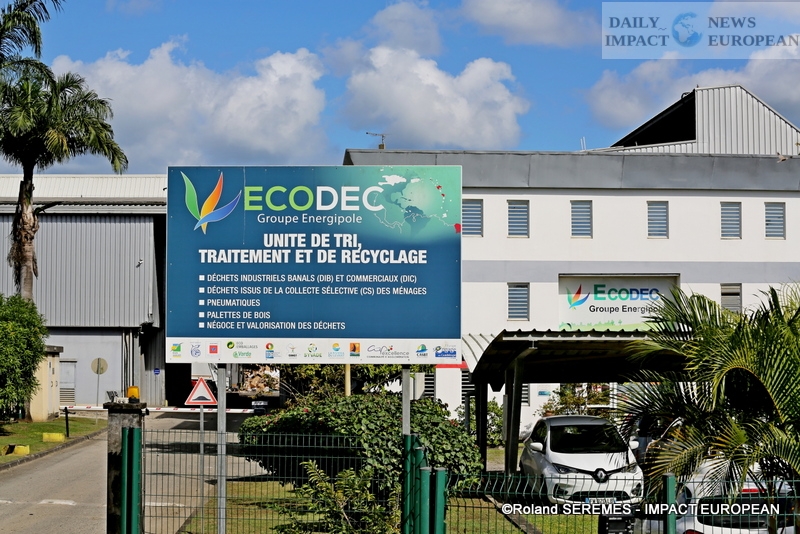
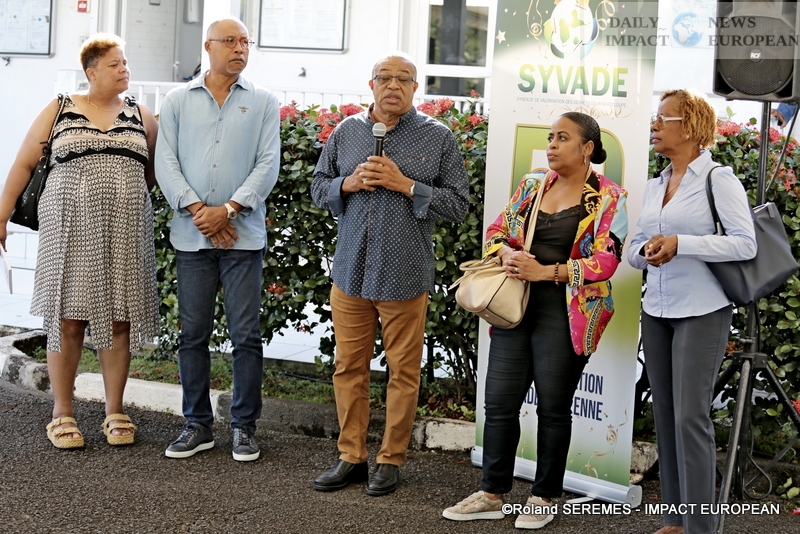
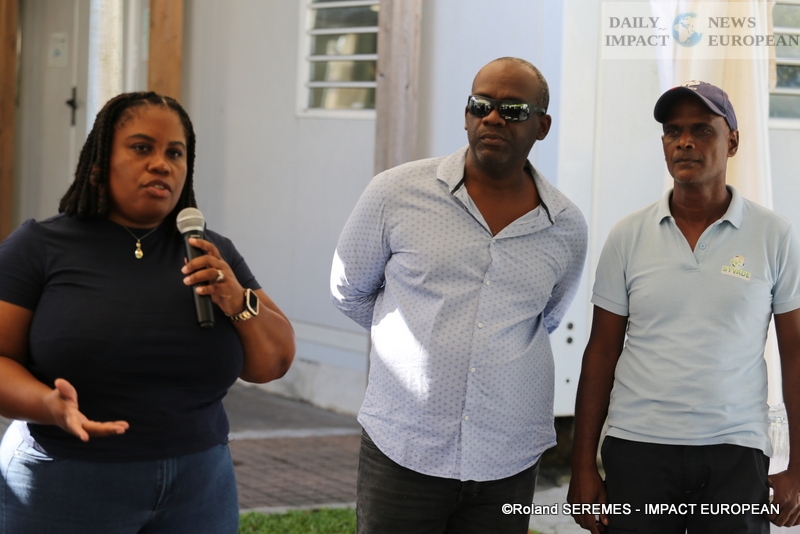
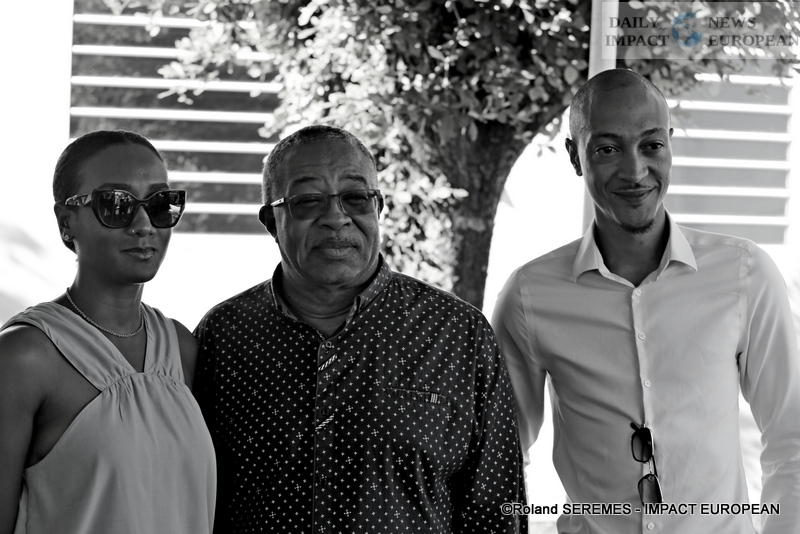
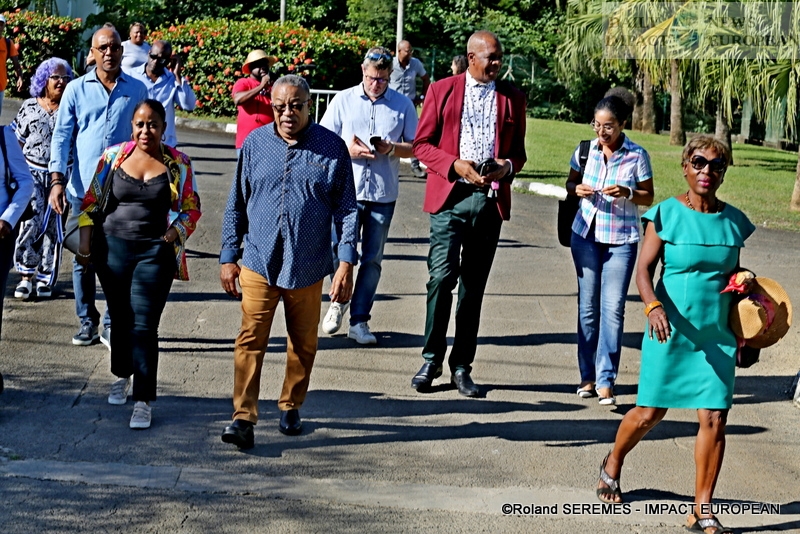
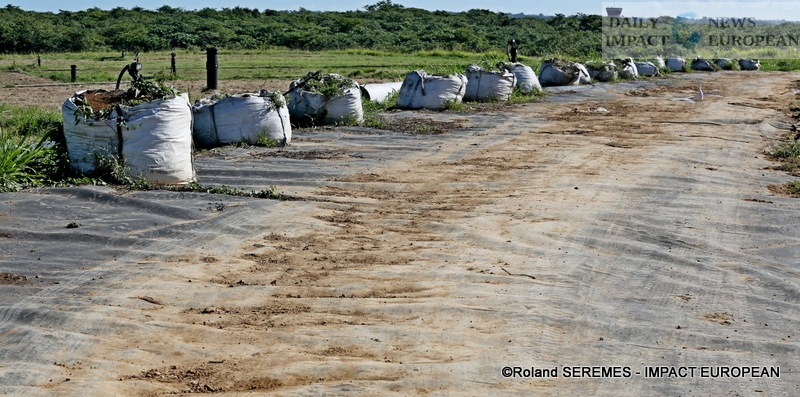
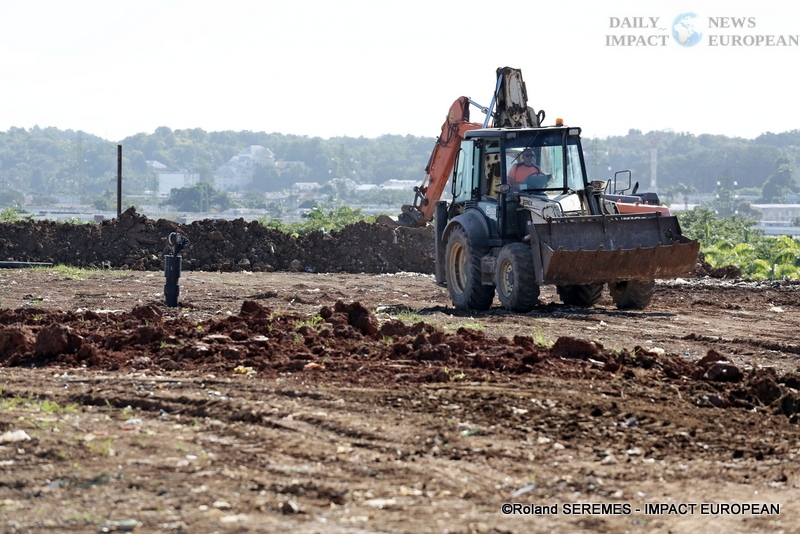
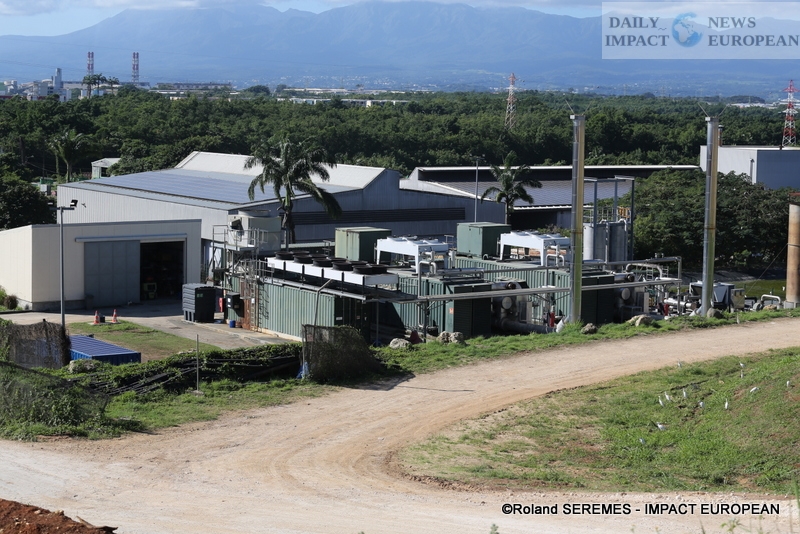
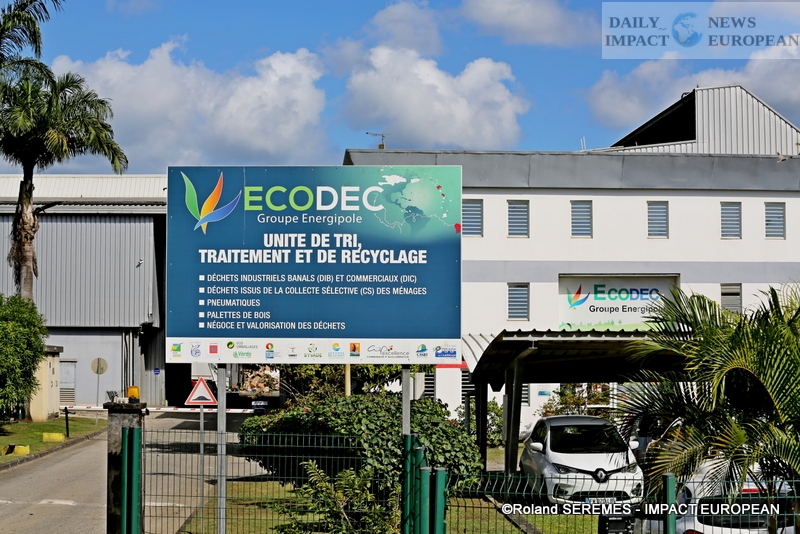
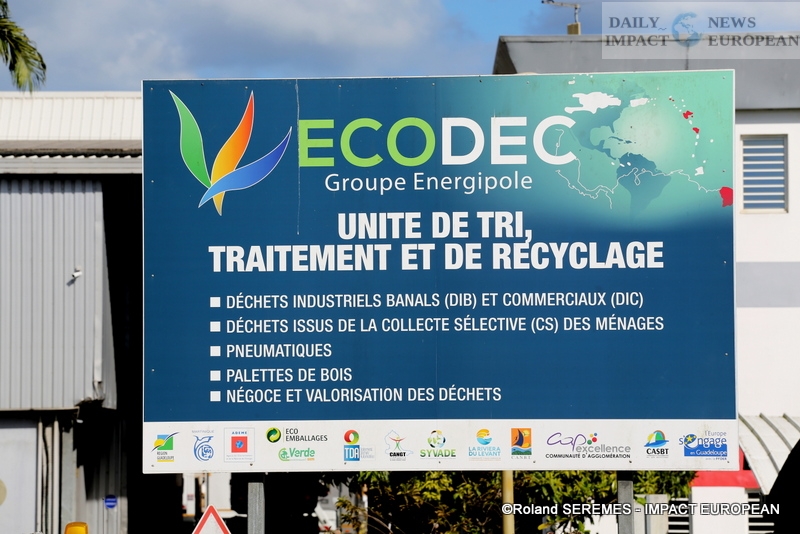
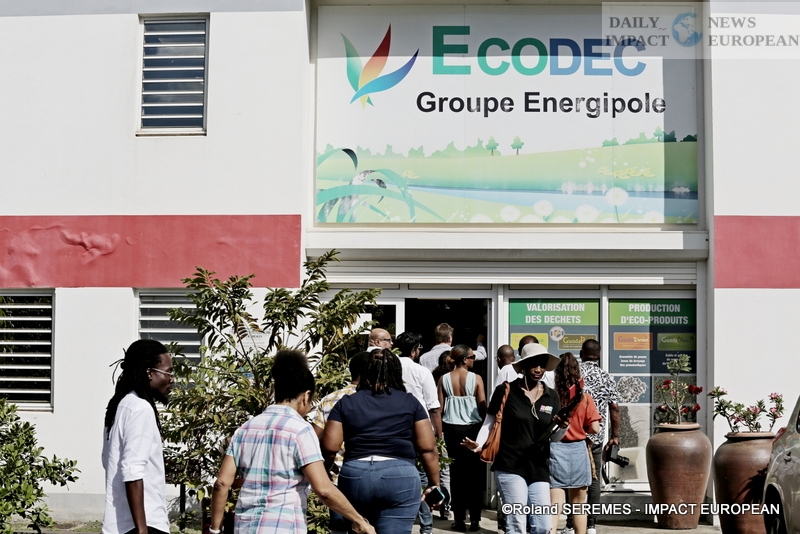
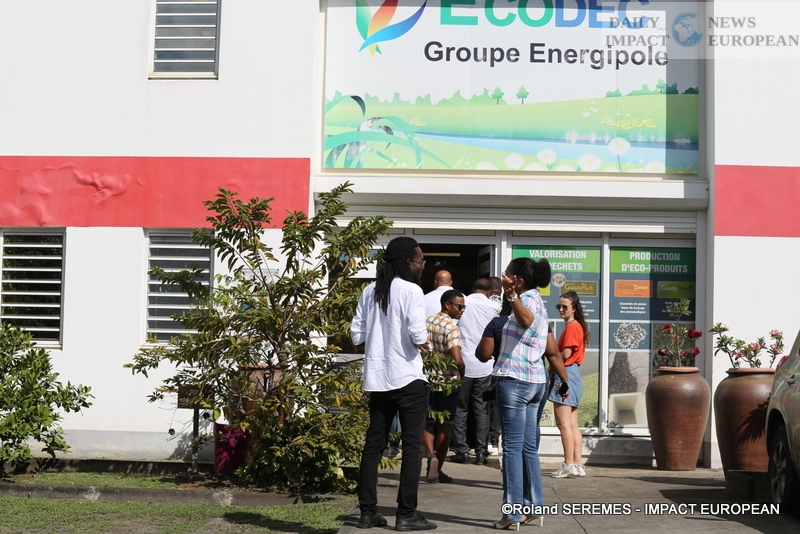
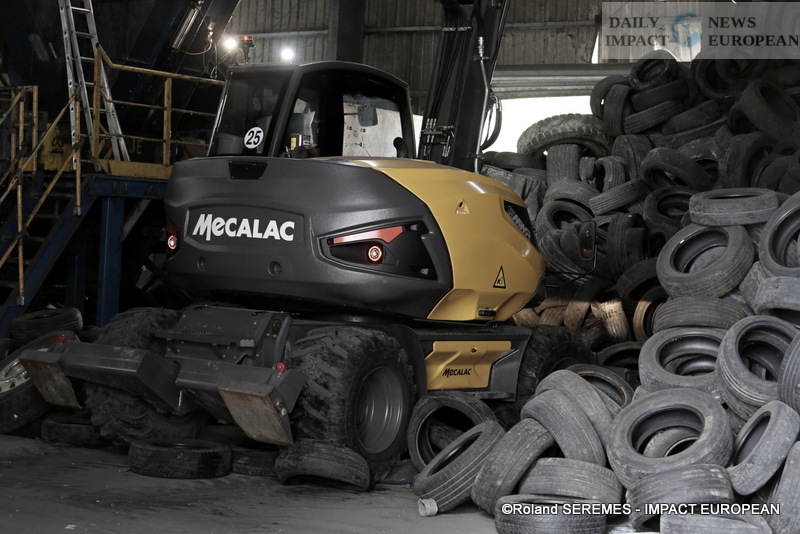
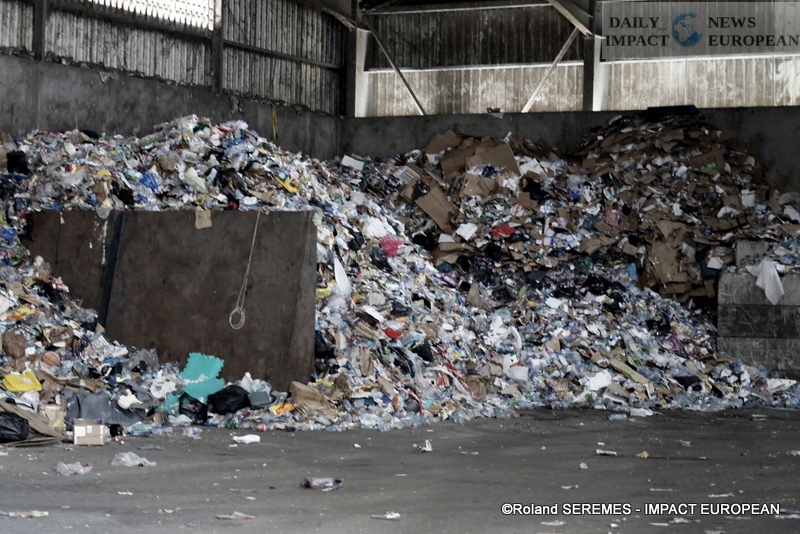
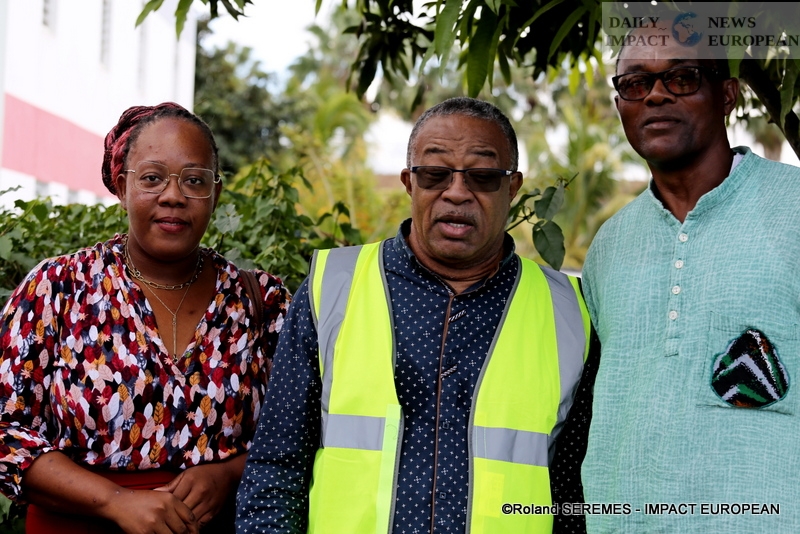
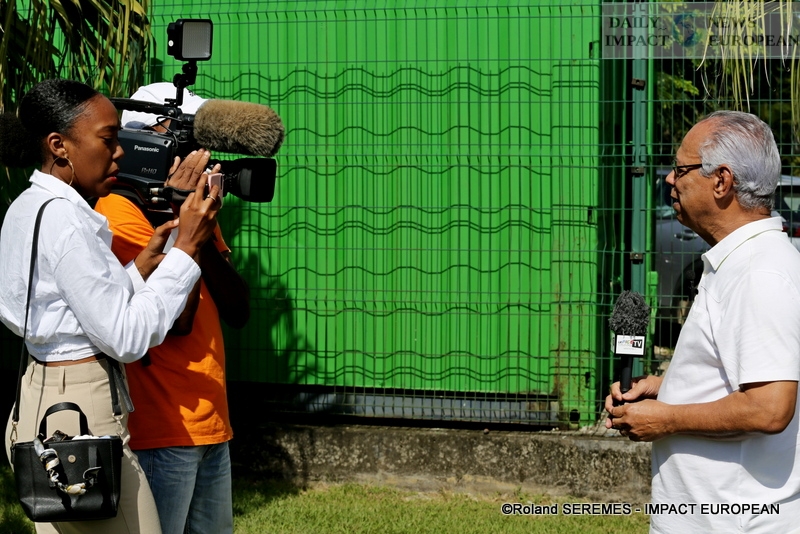
More Stories
Phenom 300E: The World’s Leading Light Jet for 14 Consecutive Years
Art Capital, 20 Years Already
Chers Parents Premieres in Paris